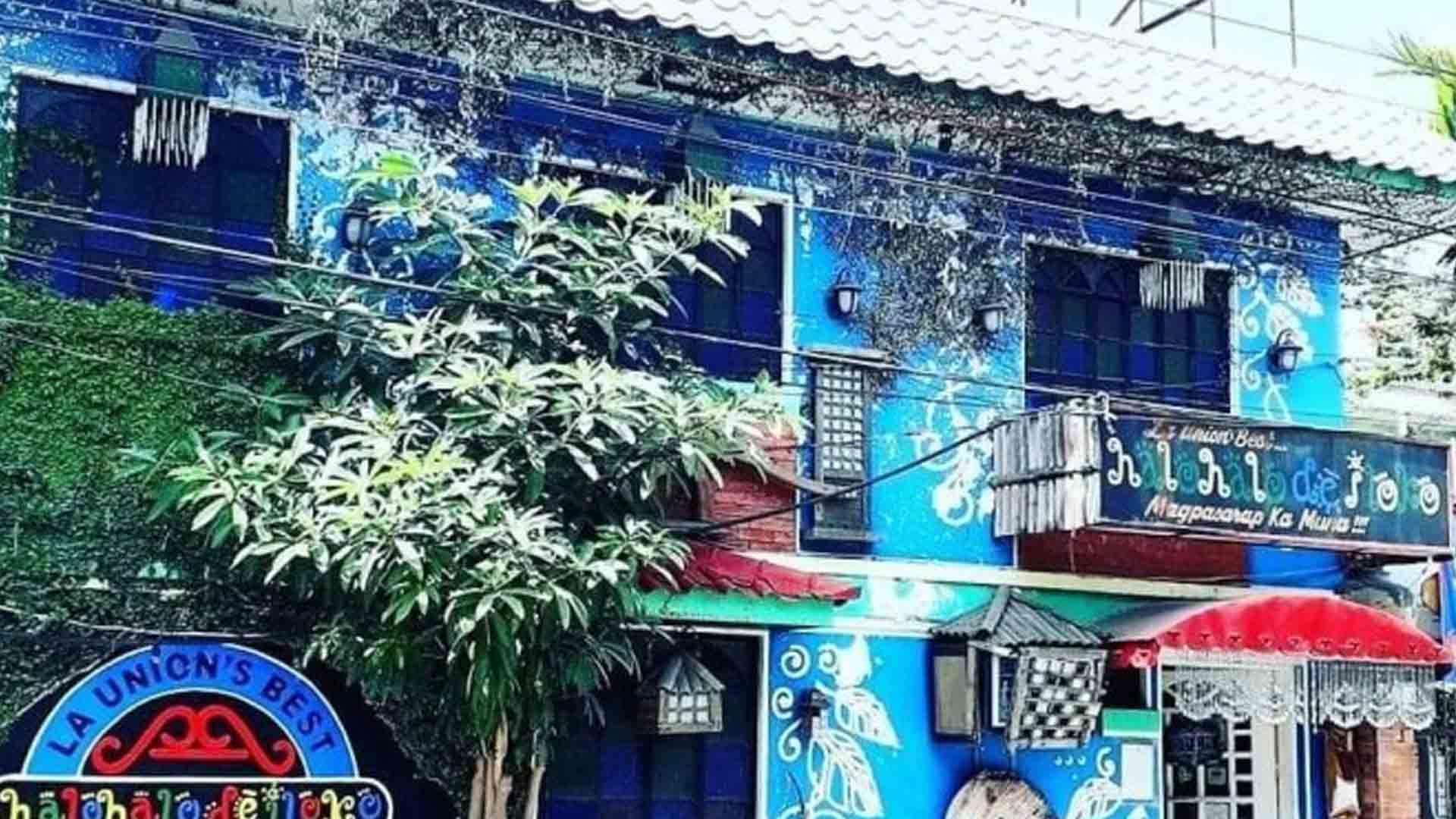The Halo Halo de Iloko here continues to attract both local and foreign tourists as it brings out the flavors and culture of the province of La Union in its dishes, restaurant decors, as well as business ethics.
Its famous dessert, “halo-halo”, showcases the different agricultural products from the various towns of the province.
“Our halo-halo’s ingredients are grown by local farmers in our province. Like the carabao’s milk that we use is a product of Rosario town, the sugar cane from Sudipen town, honey from Bacnotan town, and the native saba that is a common product of local farmers in the different towns in our province of La Union,” said Xavier Mercado, sole proprietor of Halo Halo de Iloko, in an interview on Wednesday.
He said 90 percent of its ingredients are fresh, have no preservatives, and sourced out from the locals.
“We have a project with the local government unit in our city wherein we adopted barangays who are producing ube, kamoteng kahoy (cassava), among others, and they supply our restaurant with their harvest,” he added.


Mercado said his restaurant partnered with the Bureau of Jail Management and Penology (BJMP) in the provision of vegetables planted and grown by the persons deprived of liberty (PDL) in the facility.
“The BJMP here has a vegetable garden taken care of by the PDL. We buy their produce veggies to be used as ingredients in our restaurant,” he said.
Halo halo de Iloko attracts tourists and even the locals in the province not only because of its delicious and flavorful food, but also for its ambiance.
“We decorated it as if it is a museum. We have antics, paintings, decors that mirror the culture and tradition of La Union Ilocanos,” he said.
Mercado said his restaurant helps the micro, small and medium enterprises (MSMEs) by displaying their products.
“I sell the products of the locals at the restaurant. Not only do I sell them, I also use them,” he added.
Halo Halo de Iloko also promotes inclusive business ethics as it hires deaf and mute employees.
“It is the only restaurant in the Ilocos Region where employees understand sign language. I require employees to learn sign language as we have deaf and mute employees. We have sign language lessons twice a week before,” Mercado said.
The restaurant also sells handcrafted bracelet accessories made by persons with disabilities in their community, and the income from selling these products was directly given to them.

Meanwhile, Mercado admitted the pandemic has impacted the business negatively but this did not stop his family from helping their employees and local farmer suppliers, which is another Ilocano value.
“We sold 350 buko halo-halo and 800 glasses daily during summer time prior to the pandemic. However because of the pandemic, the sales were cut to three buko halo-halo and eight to 10 glasses daily. It was really heartbreaking but we cannot let our employees down so my wife and I decided to implement a skeletal workforce, provided (a) boarding house with free meals and free transport service for our supervisors and managers,” he said.
Mercado said they also lend their farm lot to farmers to plant, and the product will be bought by his family.
“We also conceptualized a new product, the Binalkot, a flavored rice meal with (a) viand wrapped in banana leaves. Many patronized this new product and we were able to get through,” he added.
Halo Halo de Iloko recently clinched the Inclusive Business, Knowledge Partner-ACCMSME (Asean Coordinating Committee on Micro, Small and Medium Enterprises) award from the Association of Southeast Asian Nations (Asean) Business Awards 2020.
Mercado was supposed to receive the award at Hanoi, Vietnam on Nov. 13 but was not able to go abroad due to travel restrictions.
“I am just so happy and proud for Halo Halo de Iloko to represent not just the Ilocos Region but the whole country in Asean,” he said.
Mercado started the business in 2007 when he was only 22 years old with only PHP25,000 capital.
The restaurant has grown from 15 seating capacity to 80 to 90, and has become a landmark in the province of La Union. (PNA)







